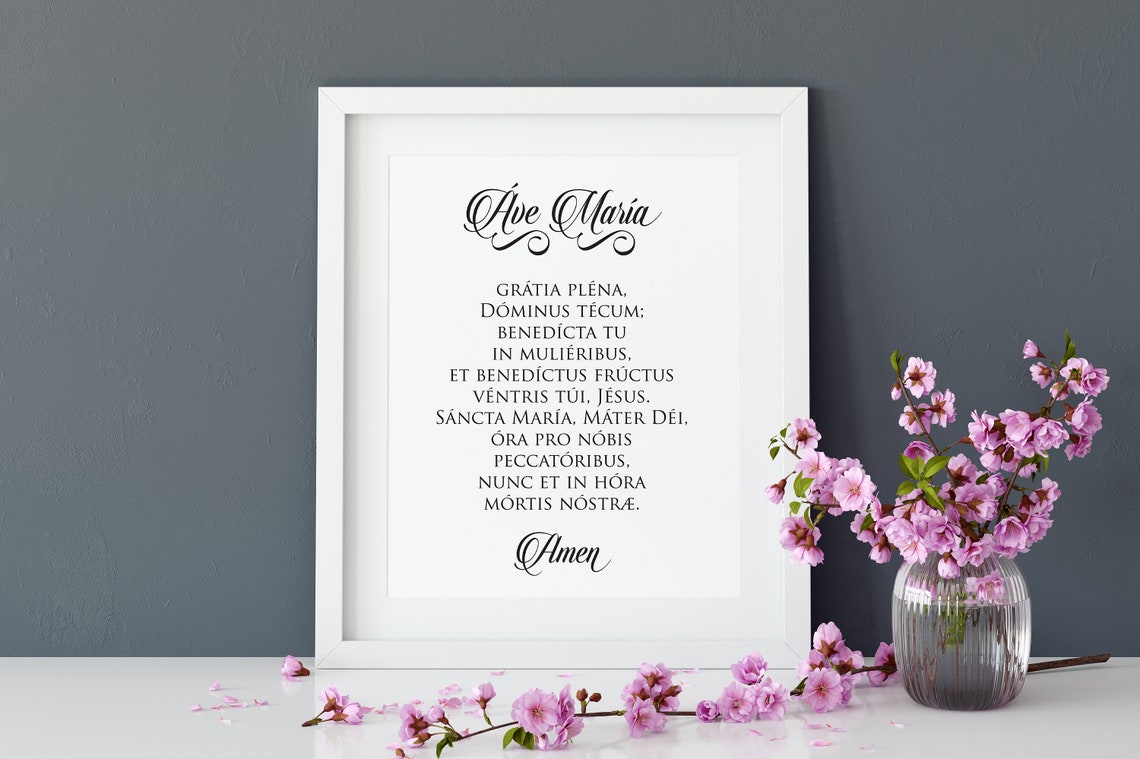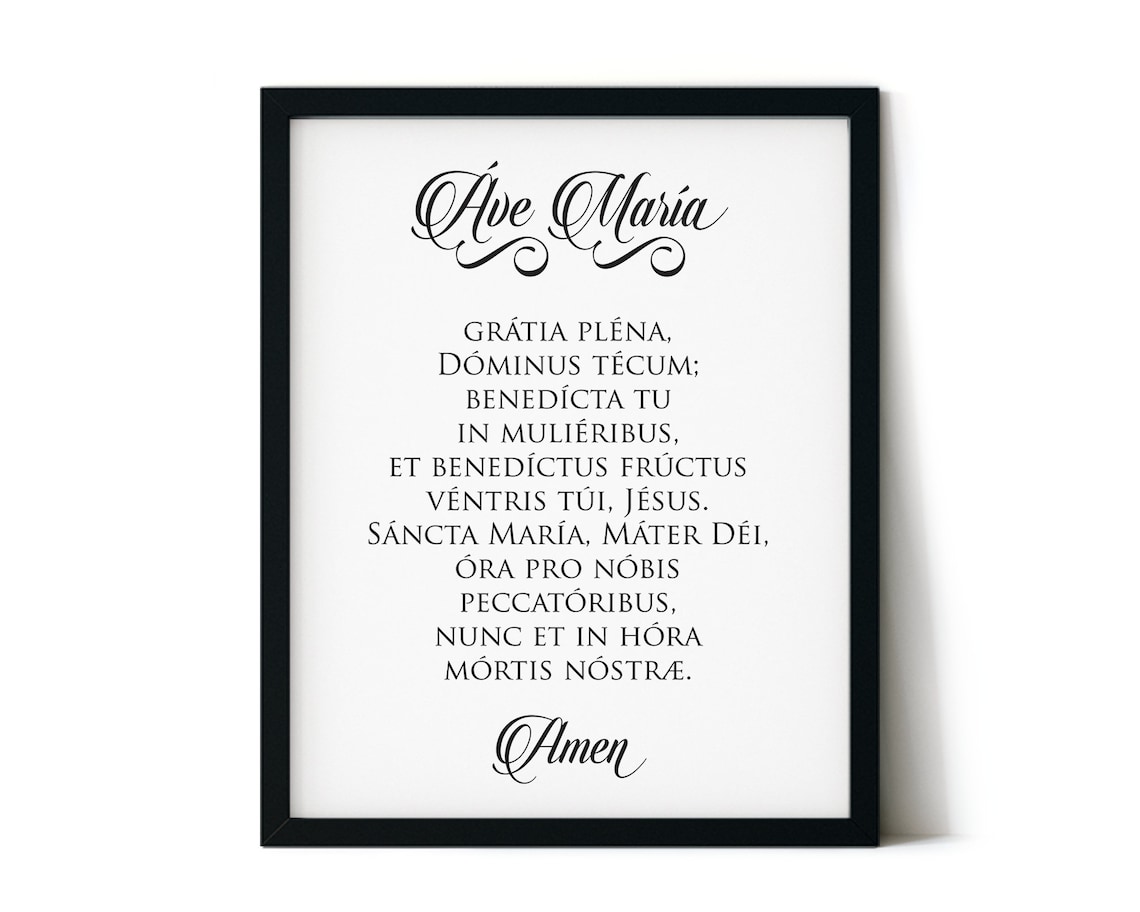
If we are devoted to the pious recitation of the Angelus, graces will come from it. The recitation of this prayer helped us prepare our hearts and minds for the mystery of our Eucharistic Lord that was about to unfold in the sacred liturgy. When I was an undergrad, for example, the Angelus was prayed before noon Mass. Noon is the hour at which Catholics particularly reflect upon Our Lord’s passion, since Jesus mounted the cross at noon on Good Friday. Many people pray it once a day-often at the noon hour. Of course, no one who wants to pray the Angelus is required to say it three times a day. There are three antiphons, three Hail Marys, and the prayer has been traditionally said three times a day: in the morning (usually 6 AM), at noon, and in the evening (usually 6 PM). The theme throughout this prayer’s history and usage is the number three.

Thirdly, there can be no doubt that the practice of saying three Hail Marys in the evening somewhere about sunset had become general throughout Europe in the first half of the fourteenth century and that it was recommended and indulgenced by Pope John XXII in 13.

Secondly it is certain that the midday Angelus, which is the most recent of the three, was not a mere development or imitation of the morning and evening devotion.

In the first place it is certain that the Angelus at midday and in the morning were of later introduction than the evening Angelus. The history of the Angelus is by no means easy to trace with confidence, and it is well to distinguish in this matter between what is certain and what is in some measure conjectural.


 0 kommentar(er)
0 kommentar(er)
